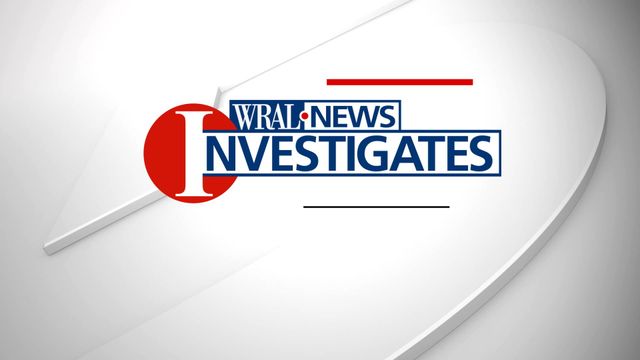Will raising quantity of NC charter schools hurt quality?
North Carolina has 99 charter schools, all of which are free to attend and don't come with the same guidelines as regular public schools. Test results show the state's charter students are performing well in the classroom, but some question whether raising the quantity of schools will hurt the quality.
Posted — UpdatedRaleigh Charter High School is not one of the state's largest schools, but it's widely considered one of the best. With a 98 percent graduation rate, it far outpaces the state average in traditional schools.
Principal Tom Humble attributes that to “an active social creative learning environment.”
“We want students active like they were in elementary and middle school,” he said.
He says the charter experience can be positive for everyone who is committed to the school's college preparatory model.
“As a public school teacher in a conventional high school, I had a lot of ideas about ways to jump this obstacle. (I) didn't get very far. As a principal, I've been handed a big lever,” Humble said.
Legislation moving through the General Assembly would hand a big lever to a lot more people by removing the cap on the number of charter schools allowed in the state, a move that some say is a bad choice.
Chris Fitzsimon, director of NC Policy Watch, said he thinks charter schools, although public, lock out too many students, especially minority and low-income students.
“I think we should be careful about raising it (the number of charter schools allowed), and we certainly shouldn’t abolish it,” he said.
When looking at the big picture, the statewide charter student population is close to regular schools, with 62 percent white students and 31 percent black. What those numbers don’t say is almost two out of three charter schools are predominantly or even entirely white or black.
“I have some questions about the current accountability system,” Fitzsimon said. “I think the legislation that’s making its way through is much more lax.”
There's disparity in how charter schools are run. Concerns range from nepotism – family members working for family members – to salaries approved by each school's board of directors.
That leads to a tremendous pay difference across the state, especially for principals. The administrator at Cape Lookout Marine Science School makes almost $91,000, more than $1,000 per student at the school.
Cape Lookout students tested below the state average on most end-of-course tests, and the school failed to make adequate yearly progress.
Compare that to the principal at the much larger New Dimensions Charter School in Morganton who made $47,000, about $463 per child. That school topped the state’s ABC average and made adequate yearly progress.
Another question is which students those administrators choose to fill the seats.
Joel Medley, interim superintendent for the state’s charter schools, says many schools get waivers on the diversity rules, as long as they try. He points to Raleigh Charter as a model for growing its’ minority student population and teaching them. Disadvantaged students at the school outpace similar students in public schools by some 40 percent.
“When we go out, we ask, ‘What are you doing to market to the entire community?’ Because that is something that needs to be done,” Medley said.
Humble says “the charter school freedom for innovation allows us to think in that way all the time.”
One freedom charter schools don’t have relates to performance. Under-performing charters face tougher consequences than their public school counterparts, including closing. Test scores show that, on average, charter students perform as well or better than their peers in traditional schools.
The big question is whether increasing the number of charters is a good idea for every child in the state.
Another concern among charter school supporters and opponents is the conflict of interest policies. Schools are not required to have them.
WRAL News found one case where a finance director hired her husband to perform bus repairs. There were also several instances of school employees being related to administrators or board members.
• Credits
Copyright 2024 by Capitol Broadcasting Company. All rights reserved. This material may not be published, broadcast, rewritten or redistributed.





